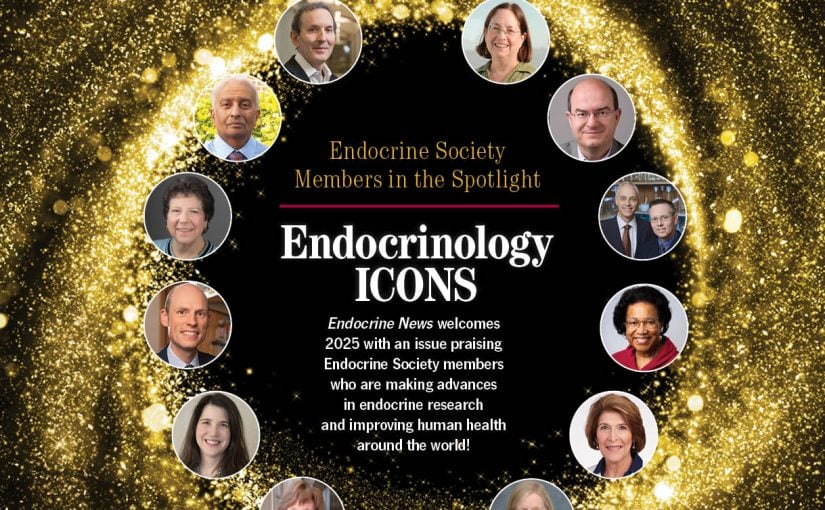On July 14, the House Appropriations Committee approved its fiscal year (FY) 2017 Labor, Health and Human Services (LHHS), Education and Related Agencies Appropriations spending measure which includes funding for the National Institutes of Health (NIH). The House LHHS bill provides an additional $1.25 billion for biomedical research, which would raise the NIH budget to $33.3 billion (a 4% increase) compared to FY 2016. Within the $1.25 billion increase, the following amounts are included to support specific NIH initiatives:
- $511.5 million for Clinical and Translational Sciences (CTSA) Awards
- $333.3 million for the Institutional Development Awards (IDeA) Program
- $350 million increase for Alzheimer’s research
- $195 million for the Brain Research through Application of Innovative Neuro-technologies (BRAIN) Initiative
- $300 million for the Precision Medicine Initiative (PMI)
- $12.6 million for pediatric cancer research
The following is a summary of provisions in the House LHHS bill report language that we advocated for and that will impact Endocrine Society members:
NIH Success Rate/Research Project Grants/Extramural Funding – The report states that the committee expects NIH to use the 4% funding increase to support a success rate of not less than 20% and fund at least 11,175 new research project grants. The committee “strongly urges” NIH to restore extramural support to at least 90% of all NIH funding and directs NIH to support a consistent agency wide inflationary policy across all of the Institutes & Centers (I/C) that is no less than the 2.5% general increase provided to all I/Cs for non-competing awards.
Young Investigators – The Committee encourages NIH to continue the focus on emerging investigators and first-time renewals of young investigators “with actions NIH has taken to significantly reduce the average age of an NIH-supported new investigator.” The Committee requests a report and a plan outlining concrete steps NIH will take to lower the median age at which investigators receive their first R01 award and instructs NIH to “convene a working group that includes stakeholders from academia, young researchers, industry leaders, and government officials to move forward on this goal.”
Office of the Director – The Committee directs the NIH Director to ensure that all I/Cs provide continued support for the Pathways to Independence Program and support an increase in the New Innovator and Director’s Pioneer Awards, as well as the Transformative R01 Program.
Basic Biomedical Research – The report includes a statement in support of maintaining basic biomedical research “as a key component of both the intramural and extramural portfolio at NIH.” The report adds that NIH should take actions to ensure that at least 55% of NIH’s total budget should be allocated to extramural basic research.
Evaluation and Management (E&M) Codes—The Committee requests CMS provide an update in the fiscal year 2018 budget request on planned or ongoing research related to E&M codes.
National Diabetes Prevention Program (NDPP)—The Committee provided a significant increase in funding for the NDPP — $25 million in FY 2017 — and noted it continues to strongly support the successful NDPP and directs all new funds provided in fiscal year 2016 and 2017 to support an increase in the number of new competitively awarded program providers. Specifically, the focus should be on rural providers where the risk and burden of diabetes is greater, and where the program has the potential for the biggest impact.
Next Steps: The bill is not expected to come before the full House for a vote. Rather, it is expected that the House and Senate will need to pass a stop-gap funding measure known as a Continuing Resolution (CR) by October 1. While a CR will avoid a federal government shut down, it would only fund programs at their current level. The Endocrine Society is urging Congress to pass a short-term CR with the hope that when the Congress returns for a “lame duck” session following the election, it will pass a real funding measure that would allow increases for the NIH, NDPP, and other federal programs important to Society members.

